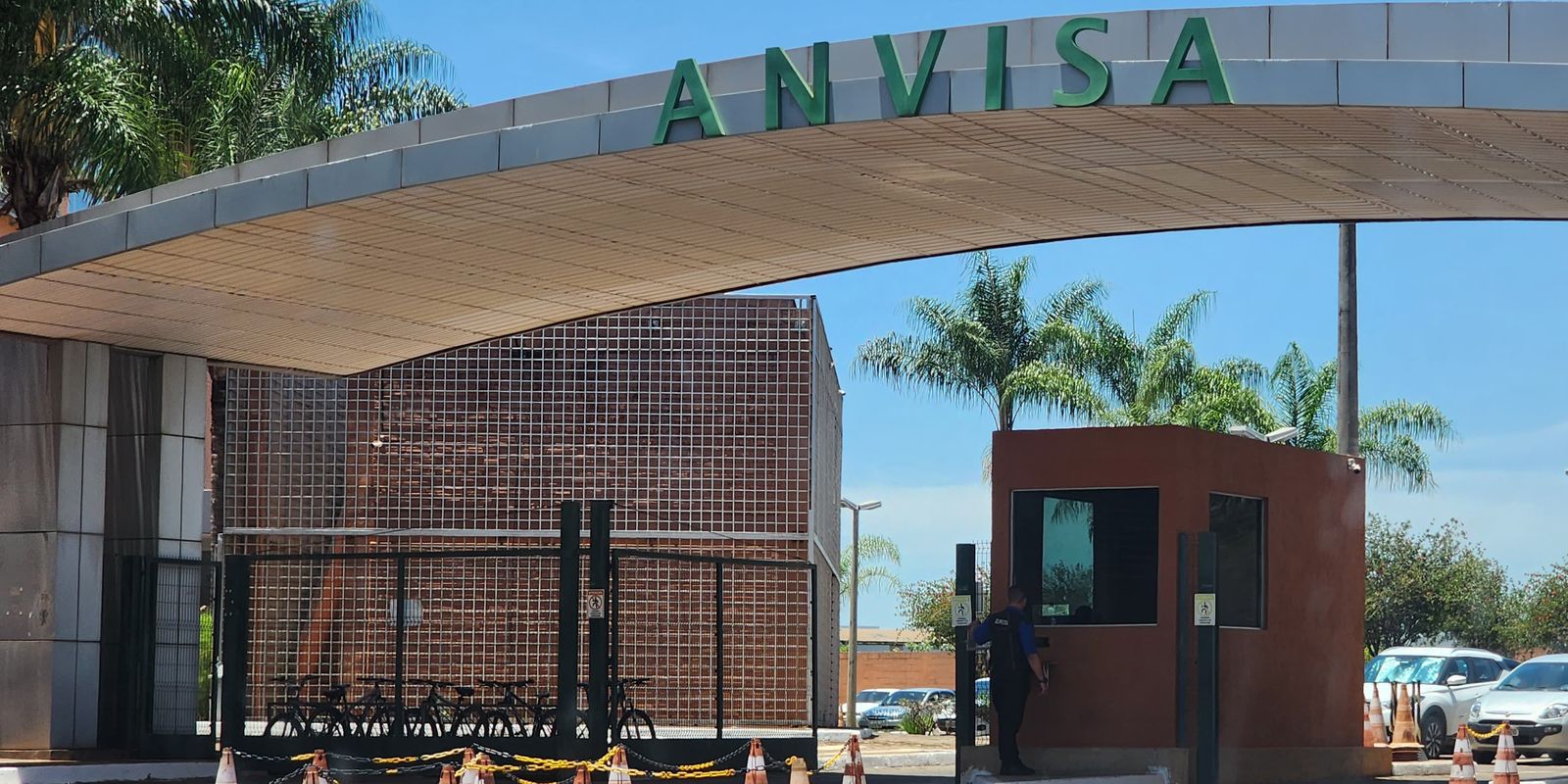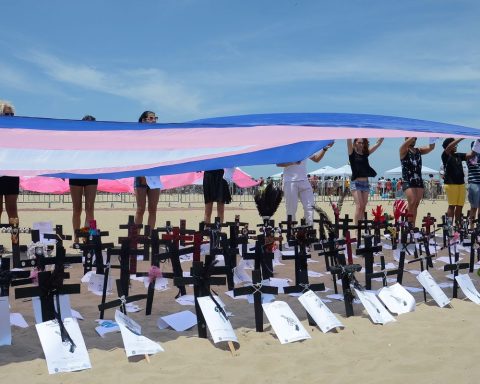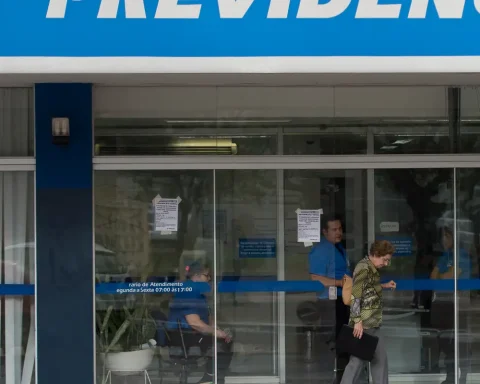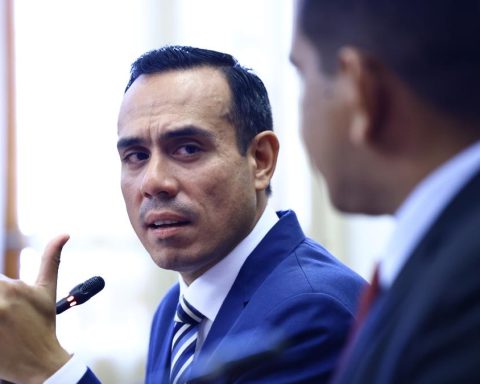The National Health Surveillance Agency (Anvisa) published Official Gazette of the Union a resolution that extends the ban on the manufacture, manipulation, marketing, advertising and use of phenol-based products in general health or aesthetic procedures.
In a note, the Agency informed that the new resolution was published following the end of the validity of the precautionary measure published June and which already banned the products. At the time, the decision was adopted after the death of a 27-year-old young man in São Paulo due to complications caused by a phenol peel.
“The specific case of phenol continues to be evaluated and investigated by Anvisa, which analyzes the available scientific evidence and information sent by professional entities and associations in the health sector, in response to the steps carried out by the Agency. However, as this work is still in progress, it was necessary to publish the preventive measure.”
According to the statement, products duly regulated by the agency “for the exact registration conditions” remain authorized, in addition to products used in analytical or clinical analysis laboratories. The list of products containing the phenol substance in their formulation and which are regulated can be seen here.
Understand
Phenol peeling is an authorized procedure in Brazil. According to the Brazilian Society of Dermatology (SBD), it is indicated to treat severe facial aging, characterized by deep wrinkles and considerably compromised skin texture.
The technique – performed correctly and following the guidelines – brings results in the production of collagen and a significant reduction in wrinkles and blemishes. The entity, however, considers the procedure invasive and aggressive and says that carrying it out on the entire face requires extreme caution.
The Federal Council of Medicine (CFM) advocates that invasive aesthetic procedures such as phenol peeling be carried out only by doctors, preferably with specialization in dermatology or plastic surgery, in order to guarantee the patient care with technical competence and safety.
Also according to the Council, all invasive aesthetic procedures, even carried out by doctors, must be carried out in a prepared environment, in compliance with health standards and with a structure for immediate life support intervention in the event of complications.

















